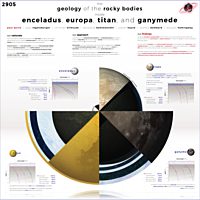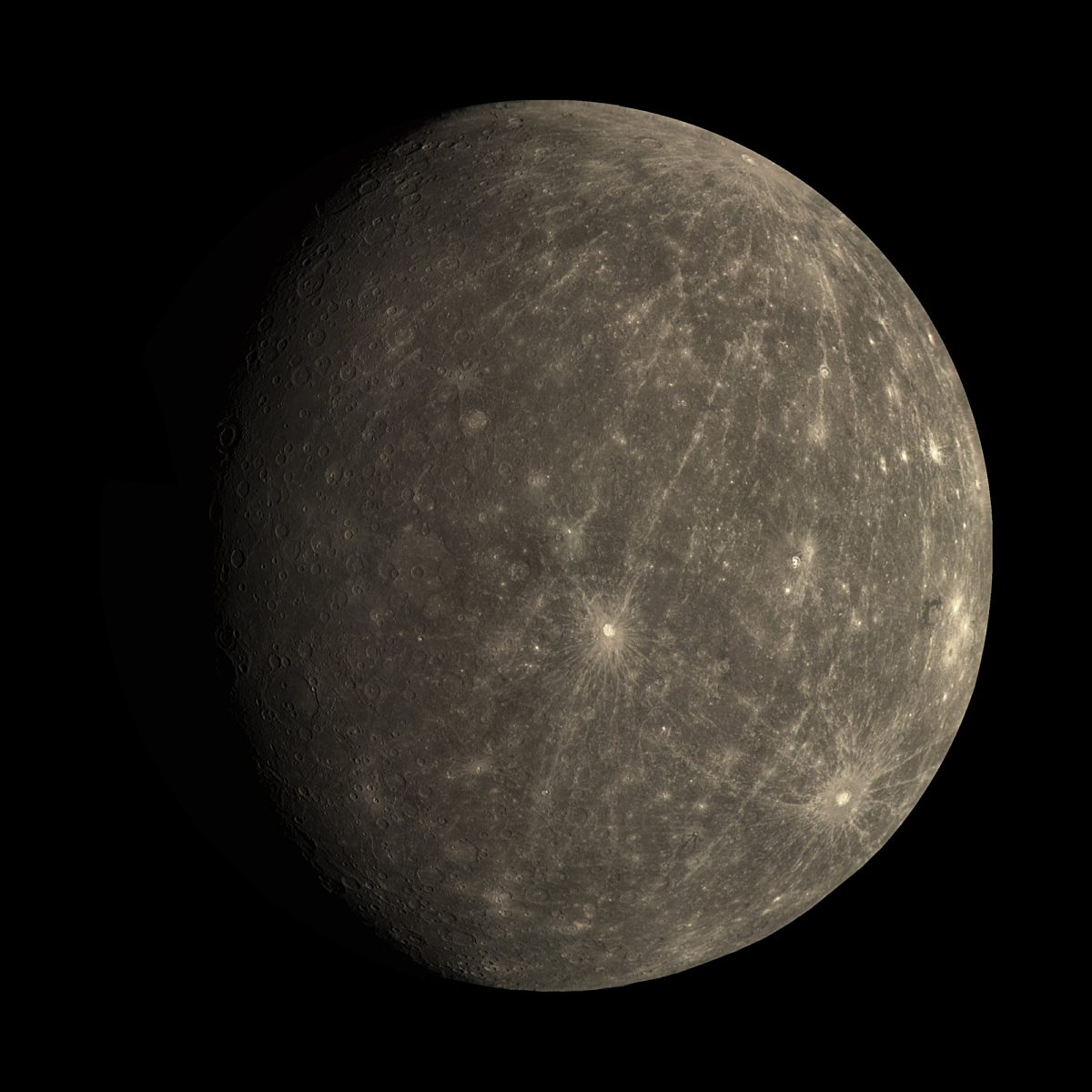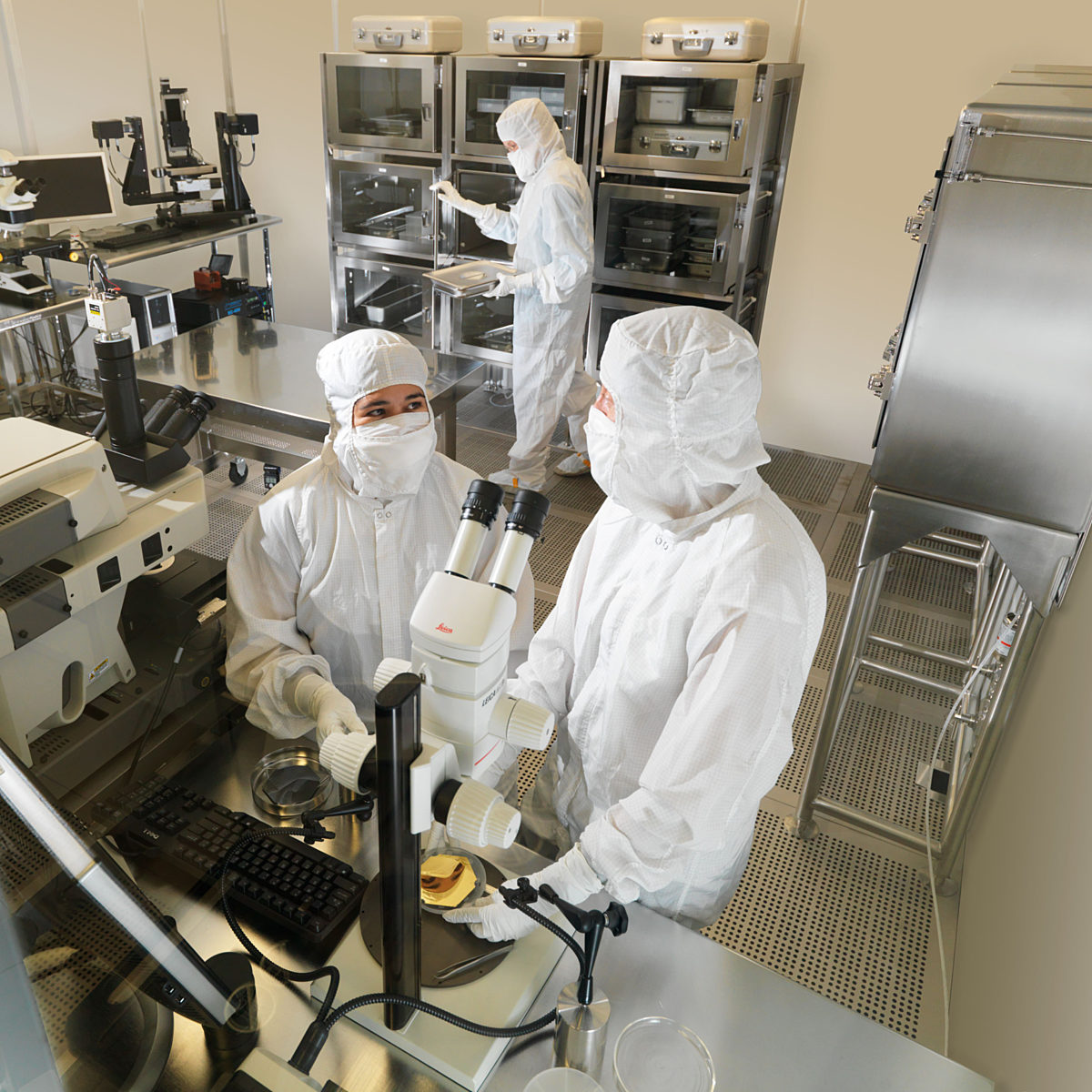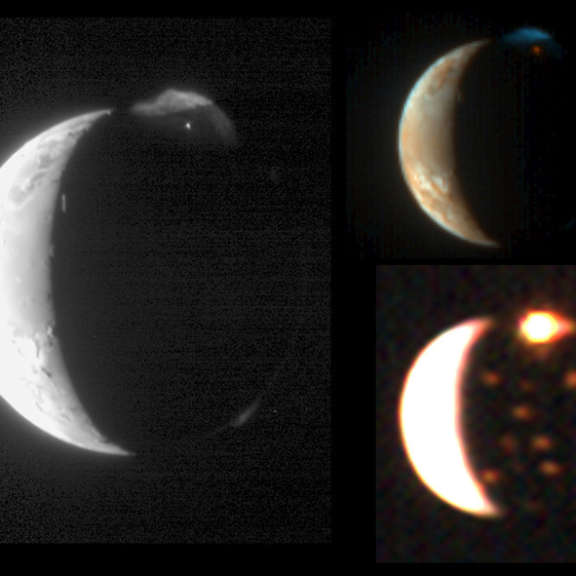All
All
Stories, updates, insights, and original analysis from The Planetary Society.
Planetary Society Talks Europa, Planetary Defense, and Solar Sailing in Washington D.C.
Thanks to our members and donors, The Planetary Society participated in several activities at the 2019 International Astronautical Conference.
How to design an effective scientific poster
In short, a poster should be as close to an infographic as possible.
#Mercury2018: From MESSENGER to BepiColombo and beyond
A Mercury meeting held May 1-3 summarized the current and future science of the innermost planet. Emily Lakdawalla was there and shares her notes.
Recap: Breakthrough Discuss 2018
If you had a spaceship and could take it anywhere in the solar system to search for life, where would you go?
#LPSC2018: Understanding early Mars through fluvial features
One of the ways we understand Mars' early climatic and geologic history is through preserved fluvial features.
#LPSC2018: Groovy Galilean satellites
The Jovian system is a busy place. The Groovy Galilean Satellites session at last week's Lunar and Planetary Science Conference (LPSC) covered analysis of past mission data, testable hypotheses for future missions, and discussion of the use of ground-based data.
#LPSC2018: Fungi in the lab, hot springs frozen cold, and exploding lakes
The first astrobiology session at last week's Lunar and Planetary Science Conference featured talks on a huge variety of interesting topics, and was one of my favorite sessions at the meeting.
#LPSC2018: Collaborative notes from conference sessions
At last week's Lunar and Planetary Science Conference, I tried a new experiment: collaborating with other attendees to take a shared set of notes.
#LPSC2018: An Apollo 17 session with moonwalker Jack Schmitt
The only geoscientist to walk on the Moon attended a conference session presenting results from the rocks he collected.
#LPSC2018: Mars mass wasting in the laboratory
Mars today is a dynamic place. One visually dramatic sign of change on Mars is
#LPSC2018: Titan Is Terrific!
Emily's first report from the Lunar and Planetary Science Conference is on the solar system's most atmospheriffic satellite, Saturn's moon Titan.
#LPSC2018: A full week of planetary science
It's time for the 49th annual Lunar and Planetary Science Conference (LPSC), a geology-focused meeting of planetary scientists. Here's a preview, and a call for help from attendees. I'll be presenting at two lunchtime workshops.
Sketching a science meeting
The Planetary Society has always enjoyed the connections between science and art, so when I saw Leila Qışın's sketches pop up on her Twitter feed during the recent New Horizons team meeting, I knew I had to share them with you.
Speak your science: How to give a better conference talk
Bad presentation often gets in the way of good science. Emily Lakdawalla offers her advice on how to present your scientific work effectively.
International meetings: Moon initiatives
Interest is rising globally in expanded lunar science, resource exploration and eventually permanent human settlement. Also, the potential for commercial lunar enterprises is being seriously examined.
#AGU17: Spherical harmonics, gravity, and the depth of winds at Jupiter
Results from the Juno gravity science experiment presented at last week's American Geophysical Union meeting suggest Jupiter's winds penetrate only to 3000 kilometers deep.
#AGU17: JunoCam science
JunoCam may be an outreach instrument, but its superb photos of storms on Jupiter are providing plenty of data for scientists to talk about.
Brief note from #AGU17: Juno observes volcanism on Io
At the American Geophysical Union meeting, members of the Juno team showed observations of active volcanism on Jupiter's moon Io.
Sharing Space in Australia
The Planetary Society’s 2017 journey to Australia expanded our perspective, advocacy and global community. It was rich with reminders close to Carl Sagan’s heart: We are all connected through time, humankind, and our origins in the stars.
Then vs. Now: How the Debate Over a Distant Planet in the Solar System Has Evolved
What have we learned about the distant objects in our Solar System beyond Neptune in the past year?


 Explore Worlds
Explore Worlds Find Life
Find Life Defend Earth
Defend Earth


 Sun
Sun Mercury
Mercury Venus
Venus Earth
Earth Mars
Mars Jupiter
Jupiter Saturn
Saturn Uranus
Uranus Neptune
Neptune Small Bodies
Small Bodies


















